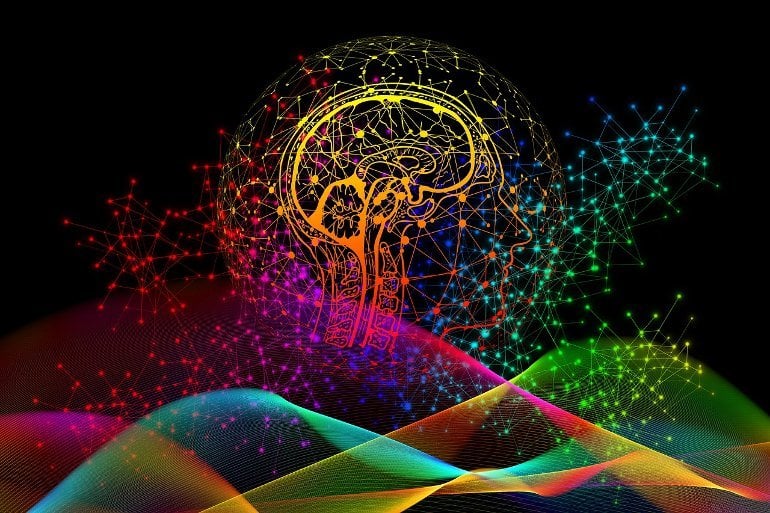Anebulo Pharmaceuticals, Inc. (Nasdaq: ANEB), a clinical-stage biopharmaceutical company developing novel solutions for people suffering from acute cannabinoid intoxication (ACI) and substance abuse disorders (the “Company” or “Anebulo”), today announced positive topline data from Part A of an ongoing Phase 2 clinical trial evaluating the potential of ANEB-001 to treat ACI. Part A was a 60 subject randomized, double-blind, placebo-controlled trial designed to evaluate the effectiveness of a single dose of ANEB-001 in treating healthy subjects challenged with delta-9-tetrahydrocannabinol, better known as THC, the primary psychoactive constituent of cannabis. These data demonstrated a highly statistically significant reduction in key symptoms of ACI, with only 10% of subjects in the 50 mg ANEB-001 group and 30% in the 100 mg group reporting feeling high compared to 75% of subjects in the placebo group (p 0.001). ANEB-001 was well tolerated in these healthy volunteers. Preliminary safety information showed all adverse events were mild and transient, except in the case of one subject in the 50 mg ANEB-001 group who experienced moderate nausea and vomiting.
“We believe this proof-of-concept trial demonstrates ANEB-001’s potential to reverse the symptoms of ACI for many of the five thousand cannabinoid intoxicated individuals visiting our emergency departments in the United States on a daily basis,” said Simon Allen, Chief Executive Officer of Anebulo. “We believe marijuana legalization and greater consumer access to cheaper and higher potency THC products will continue to increase the incidence and severity of emergency department visits related to cannabinoid intoxication. With no FDA approved therapy, individuals intoxicated with cannabinoids have few treatment options and may require expensive follow-on interventions for neuropsychiatric complications such as anxiety and acute psychosis. ANEB-001 has the potential to mitigate these unfortunate circumstances and reduce their burden on individuals, society, and our healthcare system.”
The study was conducted at the Centre for Human Drug Research (CHDR) in the Netherlands and enrolled 60 healthy adult occasional cannabis users randomized to three treatment arms of 20 subjects per arm. All subjects were challenged with a single oral dose of 10.5 mg THC and then treated with single oral doses of 50 mg ANEB-001, 100 mg ANEB-001, or placebo. Subjects were monitored for 24 hours to assess safety, tolerability, and pharmacokinetics, and repeatedly tested to determine potential effects on endpoints related to ACI symptoms. The tests also included a series of validated measures of subjective CNS symptoms using visual analog scale (VAS) assessments, as well as objective measures of intoxication. Subjects challenged with THC and treated with placebo showed substantial CNS effects including feeling high, decreased alertness, increased body sway, and increased heart rate. Compared to placebo, treatment of subjects with ANEB-001 led to a significant, robust, and sustained reduction in the VAS feeling high score (p 0.0001 at both dose levels) and improvement in the VAS alertness scale (p 0.01). In addition, the proportion of subjects reporting feeling high on the VAS was significantly reduced by ANEB-001 (p 0.001). Although THC-induced effects on body sway and heart rate in this study were small, there was also a trend towards statistical improvement of these parameters with ANEB-001 treatment compared to placebo. The 50 mg and 100 mg doses had similar results, suggesting that lower doses should be explored. Pharmacokinetic data are pending and additional analyses of Part A data, including pharmacokinetic/pharmacodynamic (PK/PD) correlations, are planned.
“The number of individuals with cannabinoid related intoxication visiting our emergency departments is clearly on the rise,” said Dr. Andrew Monte M.D., Ph.D., Professor of Emergency Medicine & Medical Toxicology, University of Colorado Denver-Anschutz Medical Center. “Patients are coming from multiple settings including first-time users taking small doses of THC, adults and children inadvertently ingesting powerful THC gummies, and regular users unintentionally overdosing on new and more powerful THC products. Introducing an effective cannabinoid antidote into our treatment options would represent a significant improvement in how we can manage these patients”
About Acute Cannabinoid Intoxication (ACI)
Symptoms of ACI can include increased somnolence, impaired cognition and perception, disorientation, anxiety, and acute psychosis. According to DSM-5, a diagnosis of cannabinoid intoxication should include recent history of cannabinoid use, clinically considerable behavioral or psychological changes, such as euphoria, impaired judgment and motor skills, which have taken place since cannabinoid exposure.


